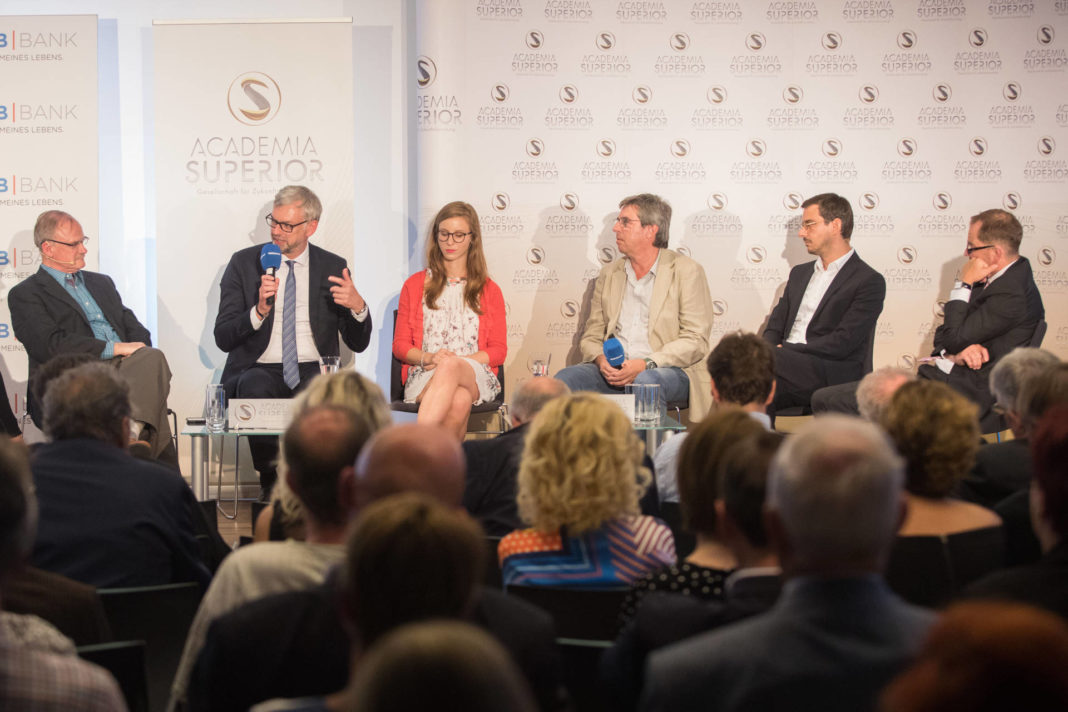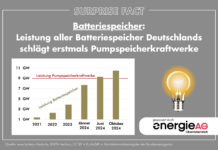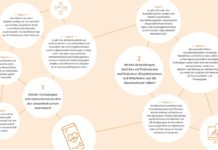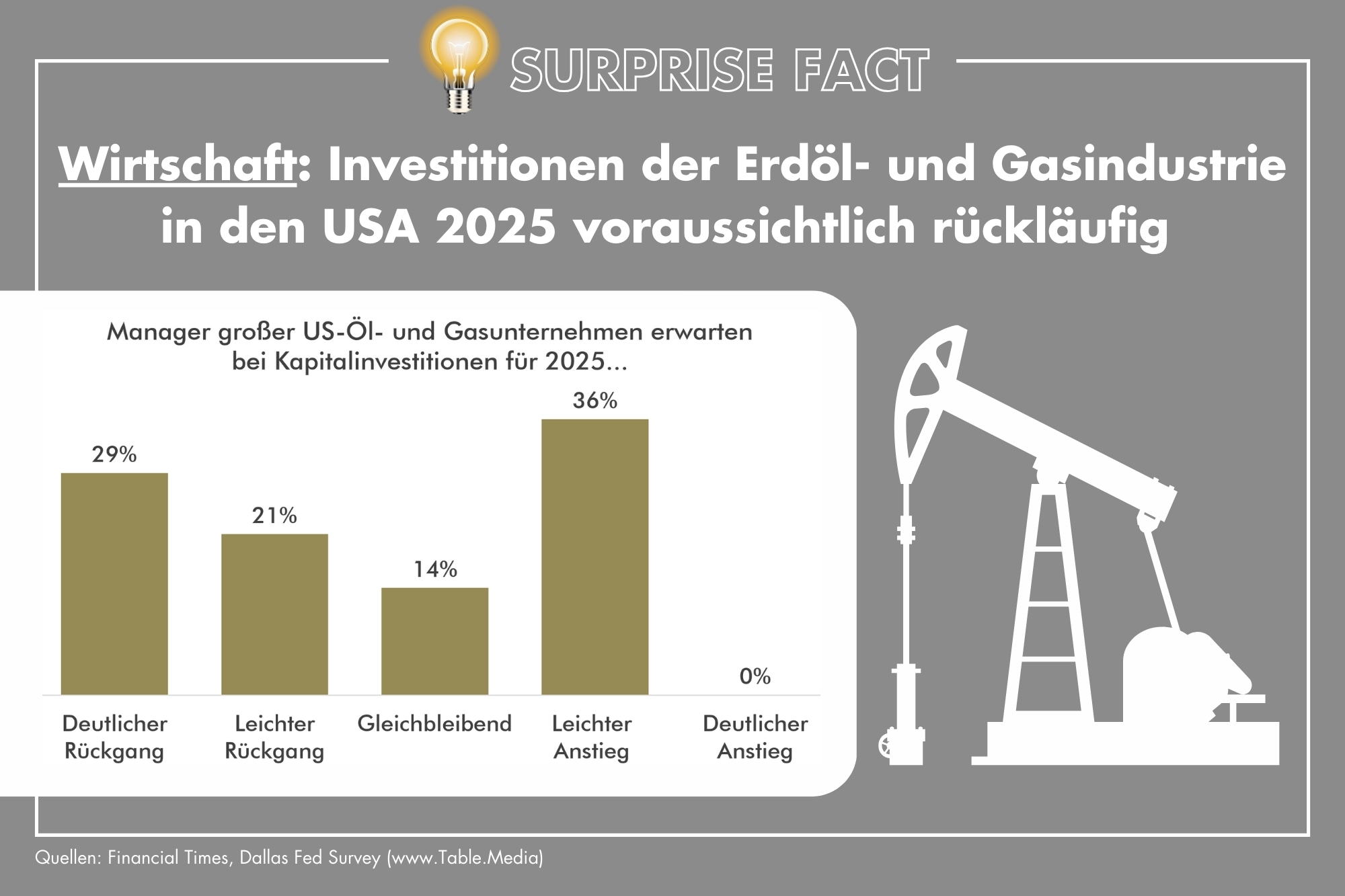New innovation strategies and technologies such as artificial intelligence were the topic of the expert talk with Burton Lee.
„The global economic competition between locations is determined by the capability for innovation.” With this statement, President Michael Strugl pointed on the challenge that Upper Austria is facing: in order to obtain growth and prosperity, the ability of the local economy and science to develop new things and to make them ready for the market, must be pushed forward. To discuss how this can be achieved, ACADEMIA SUPERIOR invited experts to the VKB-Forum in Linz. (Watch the video here)
Universities have to become the core for future growth
The US-American innovation specialist Burton Lee from Stanford University advises Upper Austria on the development of a strategy for artificial intelligence. With a critical view from outside, he showed significant differences between the innovation systems in Europe and the famous Silicon Valley in California. He spoke, among other things, about the different error cultures and the broader US-American definition of computer science (in comparison to Informatics) as two of the foundations for the success of the United States.
However, as the most important factor for California’s higher ability to innovate, he considered the different positioning of the universities in the economic system. In the US model, universities are at the center of economic growth. Universities are not just research institutions, but also enable their students and professors to implement new ideas and establish companies.
With success, as the example Stanford shows: since the founding of the university, active students and professors have already founded more than 40,000 companies. Although, of course, not every start-up survived, there are names like Google, HP or CISCO among them, which create new jobs worldwide and are now among the largest players in digitization.
In Europe, the balance sheet looks quite different. According to Lee, because the relevance of universities for economic growth is rated too low in Europe. Too little emphasis is placed on entrepreneurial training or activity of students and professors. „Entrepreneurship should be a part of all the study plans, not just those of the business schools”, says Lee, who advises institutions around the world on innovation.
In a panel discussion following the keynote of Lee, innovation-power and innovation-culture were discussed controversially.
Think beyond borders, build networks and lifelong learning
Julia Eschelbeck, who grew up in Silicon Valley and is responsible for the area of co-innovation at CISCO Systems, saw a way to strengthen the innovative power, especially in the promotion of thinking over-the-bounds. „Established companies that go beyond their structures and cooperate with start-ups in partner projects fueled their own ability to innovate. Nevertheless, this horizon extension must already be anchored in schools in the minds of the people”, she said.
Matthias Fink from the Institute for Innovation Management at the Johannes Kepler University of Linz emphasized that all persons working in an innovation system are important for its success. Only in a network, innovations can be driven forward. Therefore, the trustworthy relationships between people are a key factor in the innovation process. „It’s not enough to just copy the Silicon Valley. We need to develop our innovation system to fit our identity”, Fink added. He referred to the great problems of Eastern European states, which, after the communist era, tried to simply take over the US entrepreneurship and economic model and thus largely failed.
According to the JKU expert, another area that still needs to be improved in Austria is lifelong learning. „It has to be established that one can’t just stop learning in a company. You just can’t stand still. Even as a sixty-year-old”, Fink is convinced.
Ensuring trust and protect data
Johann Čas, of the Institute of Technology Assessment of the Austrian Academy of Science, saw the greatest current challenge that domestic politics are facing, in strengthening people’s trust in the great advantages of new technologies and, above all, artificial intelligence.
„There will be winners and losers on the labor market in view of the imminent disruptions by robotics and artificial intelligence. Policy must therefore strengthen the confidence that all will benefit from the new technologies”, said Čas, and pointing critically to a paradox: „If artificial intelligence really keeps what it promises, maybe many programmer will eventually not be needed in the future.”
Christoph Wurm from the VKB-Bank saw innovation and development without an alternative, but for him, trust is a central point, especially in financial transactions. „Trust can only be built up with sustainable models, and privacy is a key issue here. The current need, to use and protect data at the same time, creates a minefield that has to be disarmed”, Wurm said.
Cultural change and knowing your own strengths
Burton Lee, from the Engineering School of Stanford University, stressed out that a change in the attitude to new digital technologies in Europe is needed. „Data is the new oxygen and software is the backbone of everything. This must finally be accepted”, he said convincingly. „Many people here say: ‘Digitization is not a competence of us. It does not belong to our identity.’ But Runtastic, for example, originated in Upper Austria. This proves that these competences are here”, Lee said, and added: „Know your strengths and you will be even stronger.”
Combine creative-digital-competence with production-competence
Michael Strugl saw one of the priorities for the further development of Upper Austria in combining the established competence-field of production with the new creative and digital competences. „We need to build on our foundation, but also we need to openly and courageously build up new competences,” says Strugl. He announced that a new Artificial-Intelligence-Laboratory with up to 200 researchers will be set up at the JKU-Linz. This will help to turn the country into a European competence center for artificial intelligence. „We want to build up a clear strategy from basic research through applied research to innovations in companies”.







